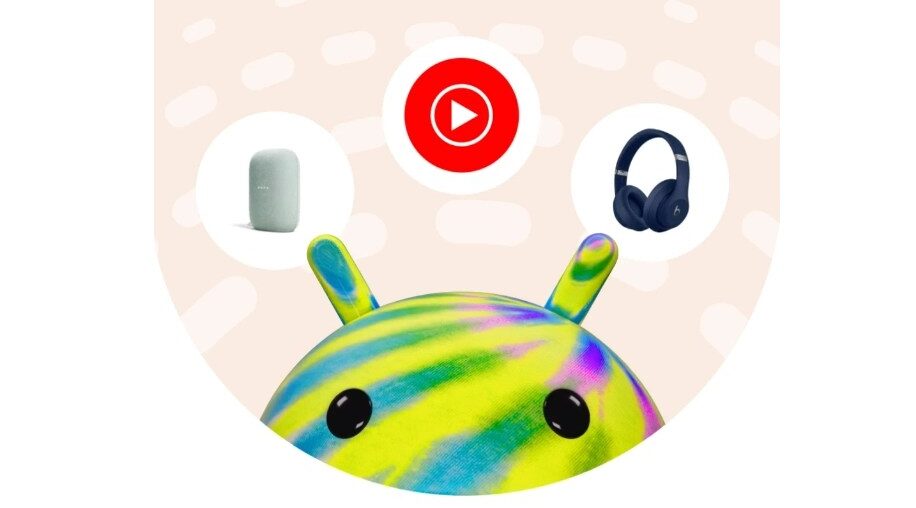For years, Google has kept to a consistent rhythm, releasing new Android versions each fall after extensive beta testing. Now, Android users and developers can expect a shift in tempo. Google is moving up its next major Android update, Android 16, to Q2 of 2025, marking a departure from its typical fall launch cycle. This adjustment, confirmed by Google, aims to better align with device launch schedules, bringing the latest Android updates to users and manufacturers sooner than usual.
In addition to the new timeline, Android 16 has been given a codename dessert fans may recognize—”Baklava.” Alongside this release, Google is introducing some notable improvements, particularly in its Play Store. Now, users will be able to customize recommendations for apps in a similar way they already do for games, refining what they see based on shared preferences.

Google is also focusing on its developer tools, enhancing Android Studio with more AI-driven features via its Gemini AI. These tools will allow developers to streamline code writing, refactoring, and documentation, adding to a smoother app development process. Developers will also benefit from an adjusted release cadence, with a minor SDK release in Q4 aimed at introducing new features without overhauling system architecture.
A new release schedule could reduce lag times for third-party Android devices, a longstanding challenge in the Android ecosystem. This delay has often left devices other than Google’s Pixel phones waiting for the latest features long after they’ve been available. With Android 16 arriving in spring, manufacturers may be able to roll out new devices with current Android features built-in, reducing the need for follow-up updates.
This shift in Google’s Android timeline not only benefits manufacturers but also promises a more cohesive experience for users across the Android ecosystem. With compatibility testing moving forward and a potential influx of devices that support the latest Android features from day one, this schedule change is expected to make Android’s ecosystem more adaptable and streamlined.
Related
Note: This content may contain affiliate links, meaning we may earn a commission for purchases made using them.

